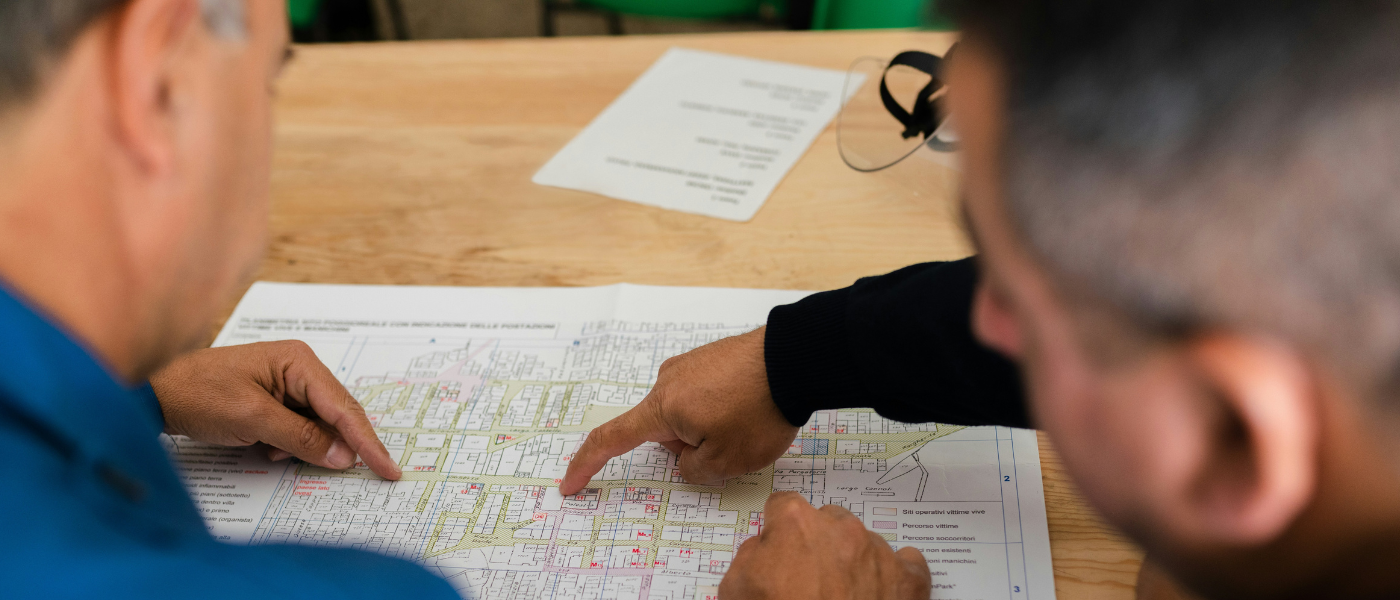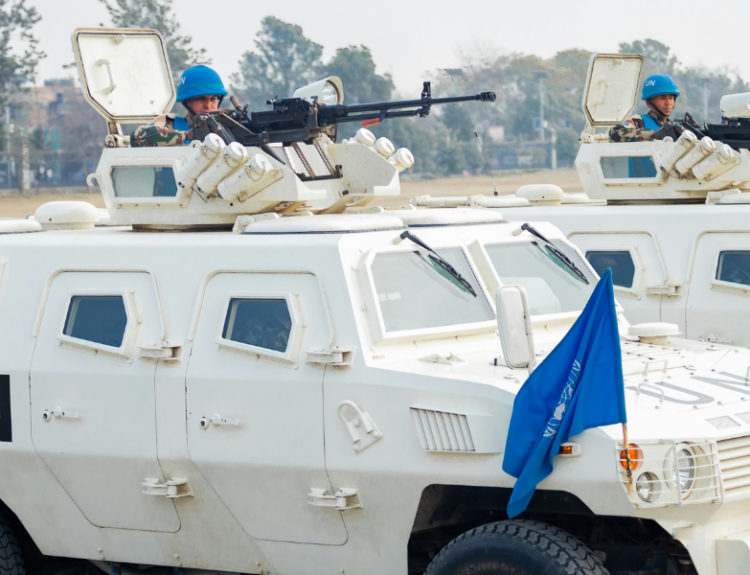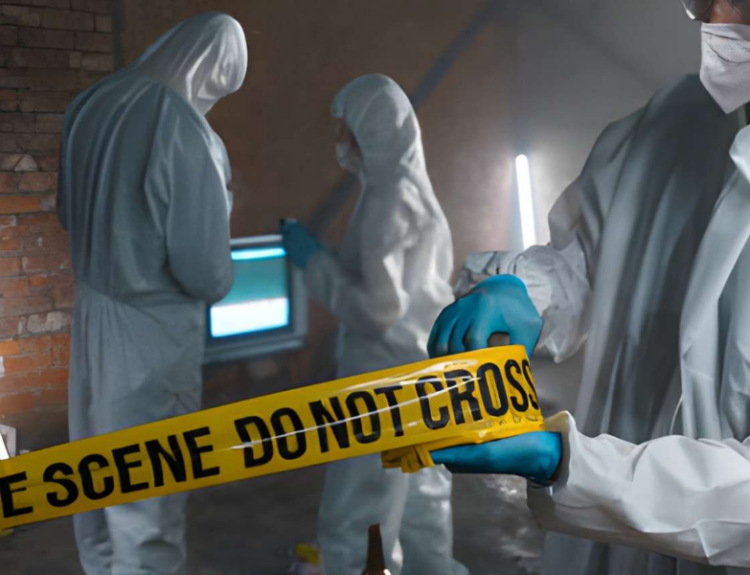Is emergency management a good career? To most professionals, the answer is yes. They are those who “sweat” it all out on the ground during disaster responses, crisis coordination, and organizational resilience. Their profession determines the ultimate safety and continuity of communities.
The profession has many career paths other than the conventional emergency responder. Whether it is federal agencies such as FEMA or the business continuity jobs in the private sector, risk assessment, disaster recovery planning, and public safety coordination are some of the areas that professionals can develop careers in. Some people get satisfaction out of the variety of each day, one morning may be spent revising evacuation procedures, another afternoon may be spent on community education programs, or interagency training exercises. Opportunities have also increased because of the increasing focus on climate resilience and cybersecurity threats, which has led to the development of new specialty positions that combine the field of traditional emergency management with the latest technology and environmental science.
But before you take up such an important position, you must pass the job interview. Preparing early allows you to clear the way for your emergency management leadership role, technical expertise, and calm decision-making abilities. This guide provides you with sample answers to the best interview questions, whether you are applying to be an emergency room manager or a government EMS Director. In such a competitive profession, the way you perform in interviews could be the difference between you getting the job, where every second matters.
Is a Career in Emergency Management Worth It?
Absolutely. The U.S. Bureau of Labor Statistics estimated that the median salary of Emergency Management Directors was approximately $86,130 annually in May 2024, and the projected employment growth is 4 percent in 2033.
Most have a degree in emergency management, such as a Bachelor’s in Emergency Management, a Master’s in Public Administration, and/or FEMA Professional Development Series certified and IAEM Certified Emergency Manager. These credentials are useful in arranging FEMA funds, cross-sector drill design, and hazard mitigation program analysis.
PayScale claims Emergency Management Specialist jobs have a median wage of $68,000 in 2025. Depending on location and experience, a top-level director could earn as much as $110,000 or more per annum, depending once again on the level of experience and the size of the agency. Such jobs are also stable as governments, hospitals, and corporations are becoming more concerned with risk management, disaster preparedness, and climate change resiliency.
It is not only a job that will earn you a salary, but an opportunity to guard societies, coordinate life-saving missions, and be a crisis leader. Emergency management specialists are involved in recovery and resilience, whether it is the development of disaster drills or evacuations during hurricanes or wildfires. In case you are driven by the desire to serve the people, strategy, and high-impact work, a career in this sector will provide not only professional satisfaction but also secure job prospects. Professionals who remain composed in a crisis get deep satisfaction from keeping others safe and helping communities grow stronger together.
Interview Questions and How They Would Answer
Emergency management interviewing is intense, and the hiring committees seek signs of excellent decision-making, leadership, and multi-agency coordination in candidates. The following interview questions and answers will show you how to demonstrate these qualities. These are sample answers that are founded on tested methods applied by successful candidates in the field. Understanding the purpose of these questions and how to give the best answers, you will portray yourself as a high-performance, decisive leader. Your capacity to exhibit systems thinking, knowledge of incident command, and emotional intelligence can make you stand out.
Use the STAR method template (Situation, Task, Action, Result) to structure your responses effectively, or you can also try this MIT STAR method guide for detailed examples.
*[add your company name and role]
Ready for the Job Interviews? Let’s start.
Q1. Give an example of how you have led in an emergency.
As [Emergency Preparedness Coordinator] at [Pinecrest General Hospital], I coordinated the chemical spill response overnight that impacted two neighborhoods with the Central Valley Emergency Network. Within half an hour, I, as the incident commander, initiated the ICS Protocol and liaised with fire emergency medical services as well as public health agencies to order shelter-in-place.
Q2. Why do you want to work in such a stressful environment?
Honestly speaking, it has a personal impact on me since I have seen organized actions that save lives. It is not about adrenaline, I simply want to make sure that when the chaos strikes, everybody has a shot at safety.
At my former job, there was a power outage all weekend during a heat wave. I constructed a mobile command system using analog radios and predetermined COOP procedures, and I assigned priority to hospitals, senior care facilities, and shelters to receive generators.
Q3. What do you do to be ready in high-risk situations?
I formulated quarterly full-scale drills and scenario-based planning of threats such as tornadoes and cyberattacks at [Metro Regional Authority]. I also developed a contingency plan for a regional supply chain that enabled us to operate during a winter storm.
Q4. What would you do during the first 30 days as the Director of Emergency Services?
The initial 30 days will be spent listening, assessing, and establishing trust. My initial to-do list would be to carefully review your emergency operations plans and inventory, and then I will meet with key partners in EMS, local public health, and internal department heads.
Q5. How do you plan to coordinate with the local/federal agencies?
I would work with the state emergency operations center during activation, and this includes joint planning meetings, mutual aid agreements, and after-action reviews. I would also design a coordinated digital dashboard that could be used to update in real time across agencies.
Q6. How do you keep abreast with emergency protocols?
To keep myself updated, I have subscribed to FEMA bulletins, read peer-reviewed journals in emergency management, and go to quarterly training and at least one national conference annually. In my previous position, I also started an internal newsletter to inform teams of NIMS and regional risk changes.
Q7. How do you handle community communication during a crisis?
At Bay County Health, when I was faced with the flu outbreak, I realized that technical accuracy is useless when people cannot understand or believe what you are saying. I conducted press briefings every day, and they were not lectures but discussions, and I also introduced an SMS
Q8. What’s your biggest lesson from a past emergency situation?
That flood response continues to give me sleepless nights when we lost contact with Zone 7 and two-hour delay in evacuation. The two hours taught me that having a plan B is important, and there should be various channels of communication as part of an emergency planning strategy.
Q9. What’s your approach to equity and inclusion in disaster planning?
The experience of collaborating with Maria, a disability advocate at the [Capitol Metro EM Department], demonstrated to me that our so-called standard procedures were leaving people behind. I discovered that 40 percent of our population was unable to read English warnings, and for this we came up with multilingual warning systems.
Conclusion
As an Emergency Department Director, or Emergency Management Director, you must be able to show knowledge in leadership, planning, education, and motivation. Provide structured responses such as the STAR method, cite frameworks such as the ICS and Stafford Act, and demonstrate the desire to learn regularly.
Pay attention to the fact that your preparedness, education, and ability to remain calm in stressful situations contribute directly to the resilience of the organization and the safety of the population. A well-trained candidate will be the foundation of community security in case of an emergency.

How Many Years Does It Take to Become a Criminal Lawyer?
How to Become a Criminal Psychologist?
How to Become a Criminologist?








